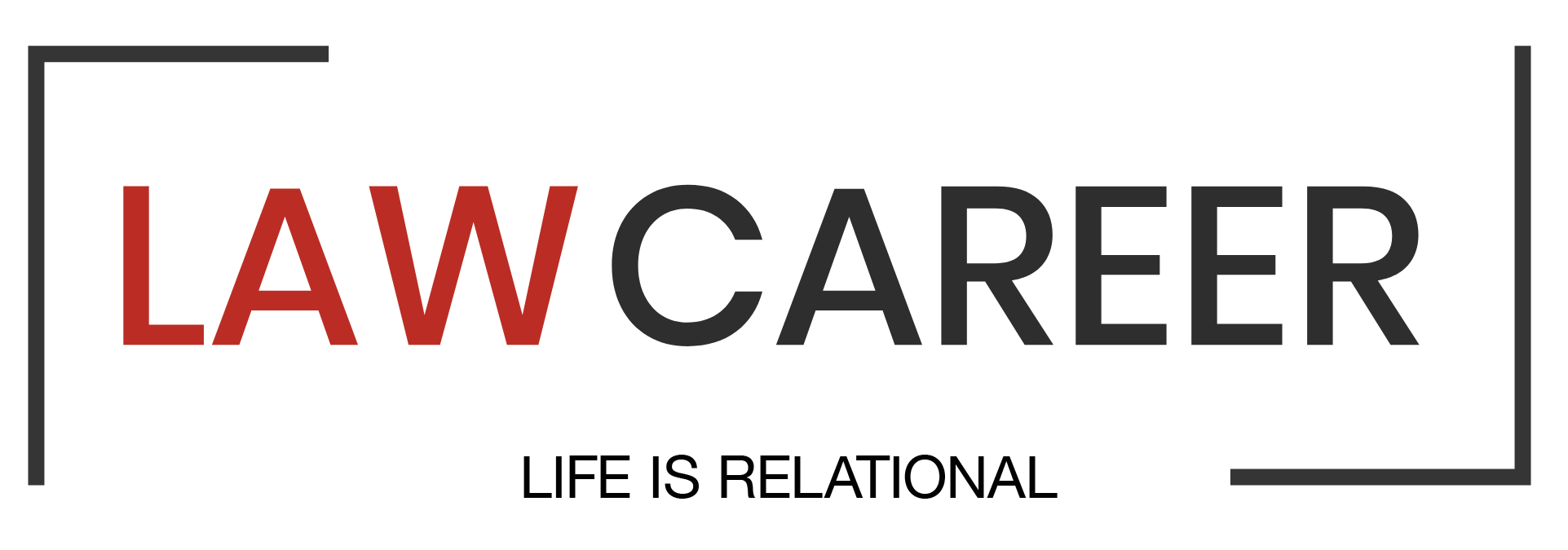Maximizing LinkedIn as a Lawyer
Category: Uncategorized
LinkedIn is a powerful networking and recruiting tool in the legal field. Attorneys are joining LinkedIn 50% faster than the average user, as pointed out in BTI consulting’s blog, The Mad Clientist. Among others, large firms like Latham & Watkins, Baker McKenzie, and Hogan Lovells have shown tremendous engagement growth on the platform. Lawyers looking to make a lateral move between firms must utilize this industry trend to form connections, inform themselves about the market
From AI-powered research tools to virtual collaboration with tech teams, the role of a lawyer is transforming fast. Firms aren’t just asking, “Can you practice law?”, they’re also asking, “Can you adapt, collaborate, and lead in a digital world?” While strong academic credentials and courtroom experience still matter, firms are now seeking candidates who bring much more to the table, they also are looking for candidates with adaptability, tech fluency, and the ability to collaborate
It is no secret that the adoption of Artificial Intelligence (AI) in the legal sector is rapidly transforming how law firms manage efficiency, client services, and overall operations. However, one area often overlooked when it comes to implementing and balancing AI is talent acquisition. The Question How can we find a balance between traditional recruitment practices and AI-driven solutions? The Talent Engines’ Way Talent Engines partners with leaders on talent acquisition, development, and retention. We
Learn why one firm decided to “buck the Biglaw trend and lean into flexible working,” and why your firm should do so too. Over the past two years, Biglaw firms have been scaling back remote work policies and pushing employees back to the office, citing reasons like training and team culture. However, this move appears to be more about compensating for leadership and management shortcomings rather than genuinely enhancing productivity. By clinging to traditional practices,
What You Need to Know Partner compensation systems that overemphasize competition and profit are hurting lawyers’ mental health, the American Lawyer’s 2024 Mental Health Survey found, which fielded anonymous responses from more than 2,000 law firm attorneys and over 400 legal staff. Survey Responses of Note “Non-partner attorneys and staff work in the business of making lemonade and we’re the lemons—we get squeezed until there isn’t any more juice to squeeze out of us. When
A recent survey by LexisNexis found that half of all lawyers think generative AI will significantly transform their business, and 92 percent think it will have at least some impact (Forbes, 2024). Generative AI in the Legal Field It’s no secret that Generative Artificial Intelligence (AI) tools like ChatGPT are growing and impacting the legal world. Many lawyers are just beginning to see the benefits of generative AI in expediting repetitive and mundane daily tasks.
AI technology can be leveraged in law firms to improve client relationships by allowing attorneys to spend less time with busy work and focus more on client needs. 5 Ways AI Can Make Your Relationships More Effective: More Time To Handle Complex Needs. Research To Find The Right Connections. Improve Your Understanding Of Your Audience. Personalize The Customer Experience. Fine-Tune Your Organization’s Voice. At Talent Engines, we believe that life is relational. We leverage AI
The Facts BigLaw associates are at a higher risk of burnout than their colleagues, according to the survey, The State of Wellbeing in Law, available here. 53% of respondents reporting low leadership support say their work has a negative impact on their mental health. 35% thought that their firm isn’t committed to supporting their mental health. 19% disagreed with the statement: “I trust the senior leaders in my firm to make decisions that are in
Legal Tech: A Guide to AI
Category: Uncategorized
The legal industry is on the brink of a technological revolution, specifically due to Artificial Intelligence (AI). The economists at Goldman Sachs predict that 44 percent of legal work could be automated by AI, highlighting a potential shift in legal services and the roles of legal industry professionals. As legal tech grows and law firms begin leveraging Artificial Intelligence (AI), it can be challenging to decipher what software is best and for what purposes. Continue

